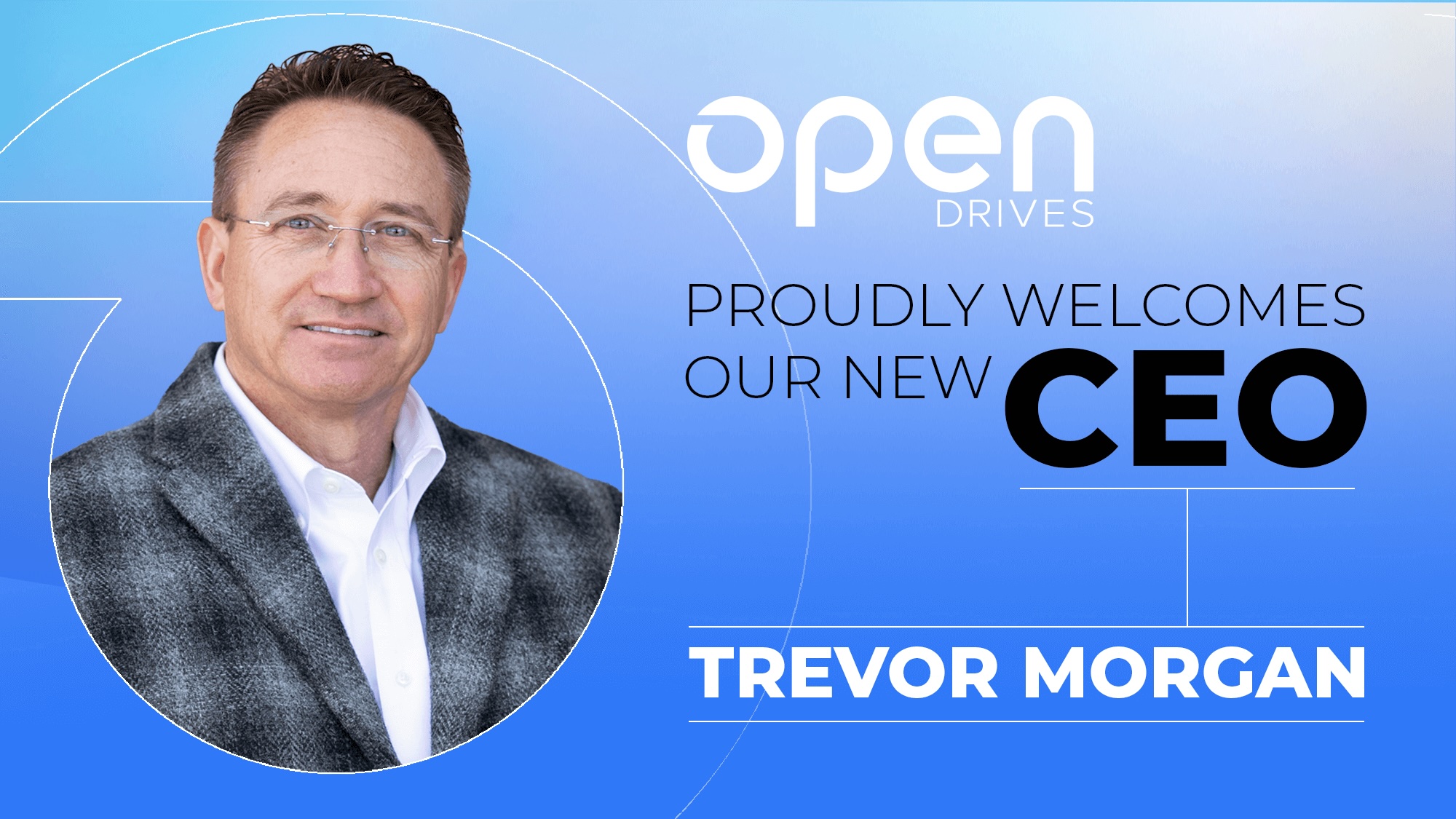Seedtag Unveils ‘Neuro-Contextual Advertising’
AI-powered solution provides brands with new targeting capabilities to precisely tap into consumers’ interests, emotions and intentions

NEW YORK—AI ad-tech company Seedtag has launched new capabilities for its contextual targeting solutions that it calls “neuro-contextual advertising.”
Built on the combination of artificial intelligence and neuroscience principles, Seedtag said its AI agent, Liz, is now capable of interpreting deeper consumer interests and signals like interest, emotion and intent and then turning these insights into high-performing campaigns across premium connected TV, video and the open web.
“This marks a major evolution for the company—and a decisive step beyond the limits of traditional contextual advertising,” Jorge Poyatos, founder and co-CEO of Seedtag, said. “We built our reputation applying AI to context, but Liz’s progression into neuro-contextual targeting changes the conversation. Artificial intelligence no longer just recognizes content—it understands interest, intent, and emotion, and drives results across the entire funnel.”
Grounded in neuroscience, Seedtag said the neuro-contextual advertising solution aligns with how the brain naturally processes information and matches ad placement to moments of high interest, emotional connection, and intent. In other words, neuro-contextual goes beyond traditional, upper-funnel contextual targeting by understanding how people think, engage, and make decisions, the company said.
“What we’re seeing with neuro-contextual and agentic AI is a step change,” Albert Nieto, Seedtag founder and co-CEO, said. “Contextual advertising taught us that it was possible to drive results without identifiers—and that remains core to our value. But the category never fully reflected what we were building. Most people still think of contextual as keyword targeting. That’s miles away from what Liz is doing today. This launch shows how far we’ve come—and how much more our technology can enable.”
More specifically, the company explained that as contextual targeting has evolved from analyzing keywords to scanning text and images, neuro-contextual takes this even further. It goes beyond content to adopt a more human approach—decoding deeper signals to understand how people engage, feel, and make decisions, not just what they are reading or watching.
Leveraging the neuro-contextual solution, Seedtag said that Liz operates like the human brain—recognizing patterns, interpreting context, and responding dynamically to user interests, emotions and intentions. The result is a more cohesive and intelligent system, capable of understanding how people think and delivering the outcomes modern marketers need.
The professional video industry's #1 source for news, trends and product and tech information. Sign up below.
Building on this neuro-contextual understanding, Seedtag utilizes the Liz Agent, powered by the latest advancements in Agentic AI, to autonomously activate Liz’s intelligence through an intuitive, conversational interface. This allows Seedtag’s clients to access Liz more naturally, interpret complex prompts, and streamline the activation of its full capabilities.
More information is available here.
George Winslow is the senior content producer for TV Tech. He has written about the television, media and technology industries for nearly 30 years for such publications as Broadcasting & Cable, Multichannel News and TV Tech. Over the years, he has edited a number of magazines, including Multichannel News International and World Screen, and moderated panels at such major industry events as NAB and MIP TV. He has published two books and dozens of encyclopedia articles on such subjects as the media, New York City history and economics.

